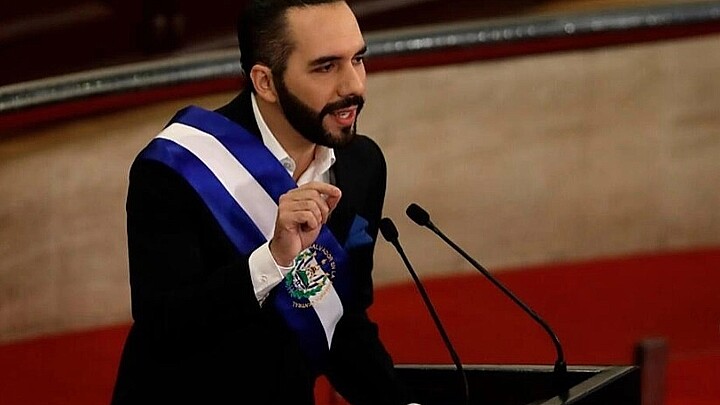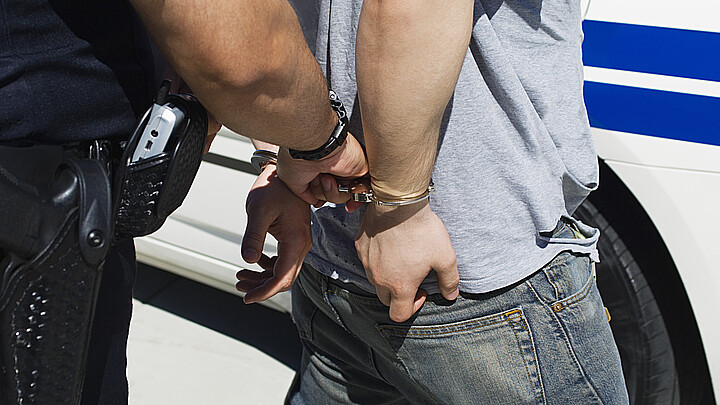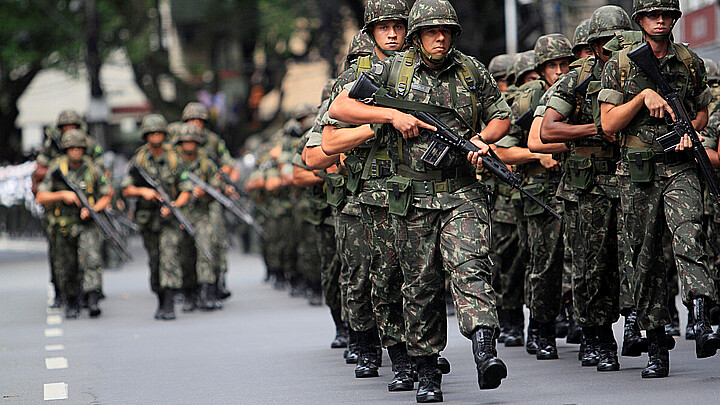Crime
El Salvador threatens to prosecute media for sharing gang messages
Radio, television, written or digital media outlets can face 10 to 15 years in prison for reproducing or transmitting statements from criminal groups
April 6, 2022 5:46pm
Updated: April 7, 2022 3:08pm
El Salvador’s congress authorized on Tuesday prison sentences for media outlets that disseminate or reproduce messages from gangs as the country continues to crack down on gang violence.
According to the law, radio, television, written or digital media outlets can face 10 to 15 years in prison for “the reproduction or transmission to the general population of messages or statements originating or presumably originating from said criminal groups, that could generate anxiety and panic in the population.”
Congress approved the measure with 63 votes out of 84 lawmakers. The law officially went into effect on Tuesday.
“When the Germans wanted to eradicate Nazism, they prohibited by law all Nazi symbology, as well as messages, apologies, and everything aimed at promoting Nazism. Nobody said anything, it was understandable. Now we will do that with the gangs,” posted President Nayib Bukele on his Twitter.
Cuando los alemanes querían erradicar el nazismo, prohibieron por ley toda la simbología Nazi, así como los mensajes, apologías y todo lo que fuera dirigido a promocionar el nazismo.
— Nayib Bukele (@nayibbukele) April 6, 2022
Nadie dijo nada, era entendible que fuera así.
Ahora nosotros haremos eso con las pandillas.
“With those reforms, we are telling the gangsters that they can’t send audios or text chains to generate fear in the population,” said Marcela Pineda, a lawmaker from Bukele’s party.
On March 26, Bukele declared a state of emergency after the number of homicides in the country increased dramatically in a span of four days. Under the drastic measure, the government has limited freedom of association and suspended constitutional protections.
Last week, El Salvador’s Congress approved a reform to the penal code to include longer prison sentences for gang members and for minors to be tried as adults.
According to the president, the country has arrested 6,984 gang members in 11 days. Bukele claimed that gang members who are currently in Salvadorean prisons would face stricter punishments, including intensified food rationing and placing them in confinement cells.
6,894 pandilleros capturados en 11 días, 10 de ellos con régimen de excepción.
— Nayib Bukele (@nayibbukele) April 6, 2022
Seguimos…#GuerraContraPandillas https://t.co/Zt09Jc7z5c
The latest expansion of the Salvadorean law, however, has raised concerns among human rights groups advocating for freedom of the press.
“We consider these reforms to be a clear attempt at censorship of media,” the El Salvador Journalists Association said in a statement. “Prohibiting journalism from reporting the reality in which thousands of people inhabiting these gang-controlled communities live ... will create an illusion that is not faithful to the truth.”










